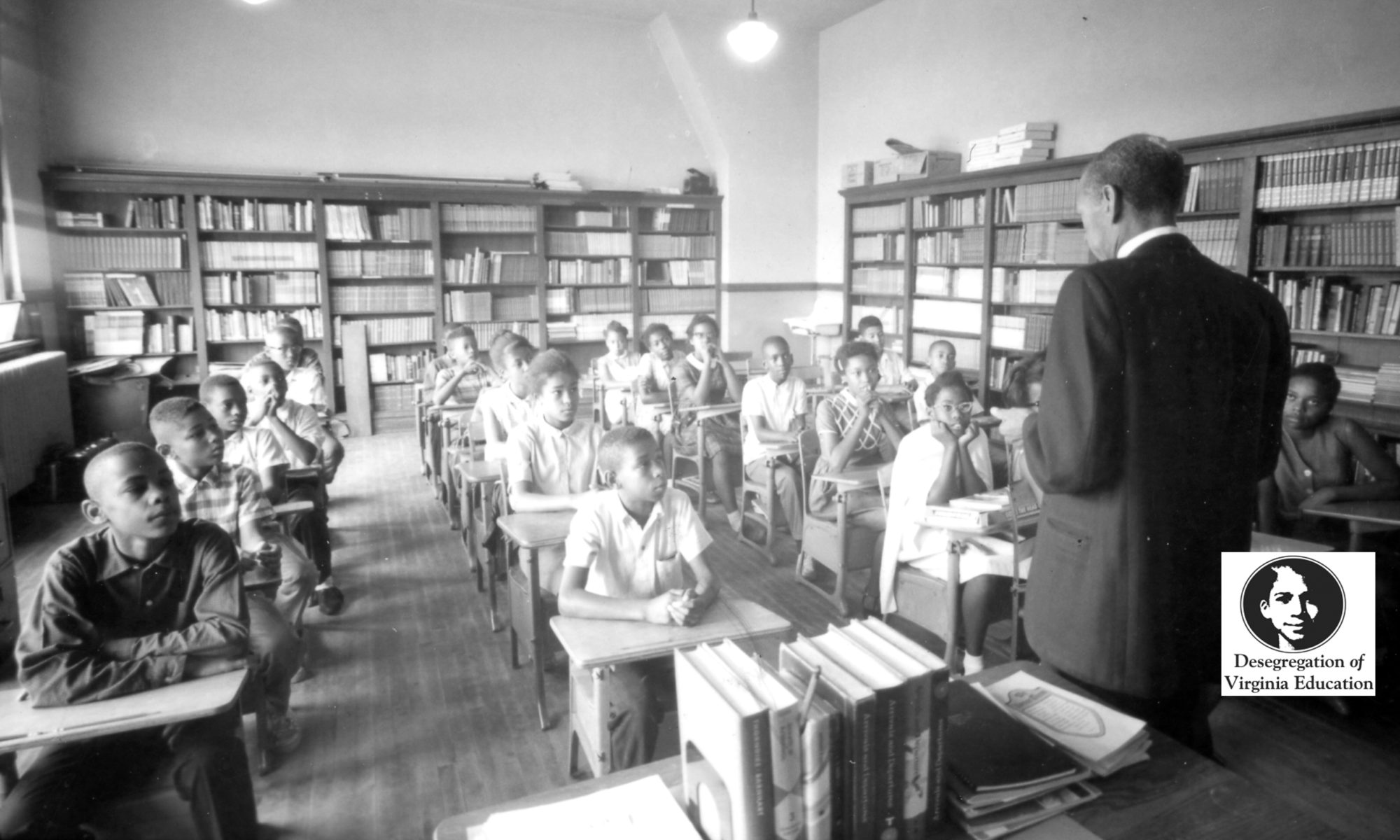| Creator |
WSB-TV (Television station : Atlanta, Ga.) |
| Description |
Reporter: Moore, Ray, 1922-. In this WSB newsfilm clip from the summer of 1961 in Washington, D.C., WSB reporter Ray Moore interviews United States attorney general Robert F. Kennedy about the Freedom Rides and school integration. The clip begins with United States attorney general Robert F. Kennedy sitting in a room with an American flag behind him. WSB reporter Ray Moore appears to be listening to something; in front of him are several pages with portions of text blacked out. The clip breaks a few times before the audio portion of the interview beings. Moore’s first question to Kennedy about riots in Montgomery, Alabama, is incompletely recorded. In response to the question, Kennedy declares the unspecified charges are “simply untrue.” Asked about his relationship with the Freedom Ride sponsored by the Congress of Racial Equality (CORE), Kennedy claims that he first heard about the Freedom Ride on Monday, May 15, 1961, the day after the attack and bus burning in Anniston and Birmingham, Alabama. He asserts that he had not had any prior conversations about the rides with “CORE or anybody else.” According to accounts of the civil rights workers involved in the Freedom Rides, the CORE office sent informational letters about the Freedom Rides two weeks before the May 4 departure from Washington, D.C. They reported sending letters to president John F. Kennedy; Federal Bureau of Investigation (FBI) director J. Edgar Hoover, attorney general Robert F. Kennedy; the chairman of the Interstate Commerce Commission (ICC) and the presidents of Trailways and Greyhound bus companies. CORE received no responses. Simeon Booker, a reporter who traveled with the riders from Washington D.C. also met with Robert Kennedy and his assistant John Seigenthaler the day before the ride began but felt after the visit that the attorney general had not been paying full attention. Kennedy then volunteers to tell Moore about his experience with the Freedom Rides. He opens with the events following the May 14 bus burning in Anniston and the beatings in Anniston and Birmingham, Alabama. According to Kennedy, the Freedom Riders were in Birmingham on Monday, May 15 and were trying to continue their journey to New Orleans. Kennedy reports he spoke with Alabama director of public safety, Floyd Mann, after having been unsuccessful in his attempts to contact Alabama governor John Patterson. Mann was able to get governor Patterson to agree to provide some protection to the Freedom Riders. However, after Kennedy relayed that information to the Freedom Riders and they got on the bus in Birmingham, Mann called Kennedy and told him that the bus driver wouldn’t drive the bus. Kennedy confirms that after hearing from Mann, he called the manager of the Greyhound station in Birmingham, George Cruit, and expressed his desire the Freedom Riders make their trip. Cruit recorded that conversation, and it later received significant attention in Alabama. At this point, Moore interrupts Kennedy to repeat the statements made by George Cruit. At an unspecified hearing about the Freedom Rides, Cruit testified that Kennedy said he had gone to a lot of trouble for the Freedom Riders and would be upset if the riders did not complete their trip to Montgomery. Kennedy admits that he and his staff at the Justice Department had put a lot of effort into getting the Freedom Riders safely from Birmingham to Montgomery. He refutes allegations that his attention to the Freedom Rider’s safety proves that he supported their protest and that they were sent by the Federal government. Kennedy asserts that those allegations are untrue and explains again that he was concerned with the safety of the travelers. Asked about governor Patterson’s assurance that the riders would be safe, Kennedy clarifies that he did not personally speak with governor Patterson. Through Kennedy’s conversations with Mann the governor assured Kennedy that the riders would be protected “and that they wouldn’t have difficulty or |
| Call number |
|
| Date from |
1961 |
| Date to |
1961 |
| Geographic school |
Prince Edward County, VA |
| Size |
1 clip (about 22 min.) |
| Access restrictions yes/no |
|
| Access restrictions |
|
| Part Of larger collection yes/no |
|
| Larger collection title |
|
| URL |
|
| Repository |
The Civil Rights Digital Library |
| Repository address |
University of Georgia Libraries, University of Georgia, Athens, GA 30602-1641 |
| Repository contact name |
Dr. P. Toby Graham |
| Repository contact title |
Director, Digital Library of Georgia |
| Repository contact email |
tgraham@uga.edu |
| Repository contact phone |
(706) 583-0213 |
| DoveRegion |
(outside of Virginia) |
| Subjects |
o African American students
o African Americans–Civil rights
o African Americans–Segregation
o Public schools
o Race relations
o School children
o School closings
o School integration
o School integration–Massive resistance movement
o Segregation in education
o Kennedy, Robert F., 1925-1968
o Moore, Ray, 1922-
o Mann, Floyd H., 1920-1996
o Patterson, John, 1921 September 27-
o Cruit, George
o Kennedy, John F. (John Fitzgerald), 1917-1963
o Seigenthaler, John, 1927-
o Cook, Eugene, 1904-
o Reporters and reporting
o Freedom Rides, 1961 |
| Types |
Broadcast-Television-News |
